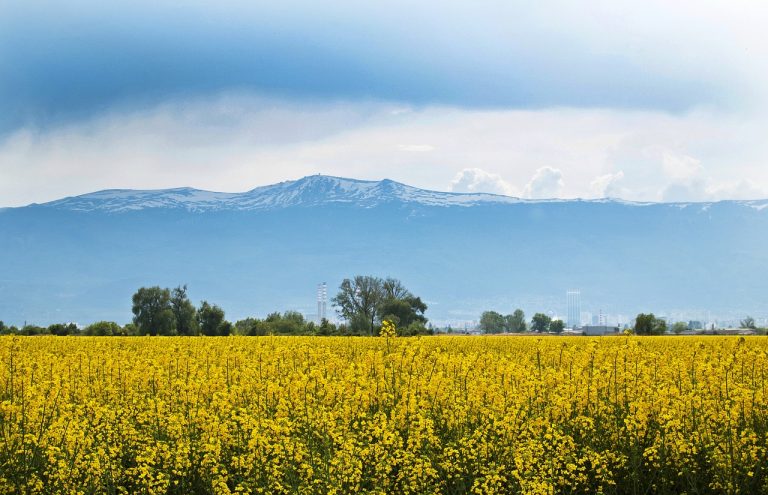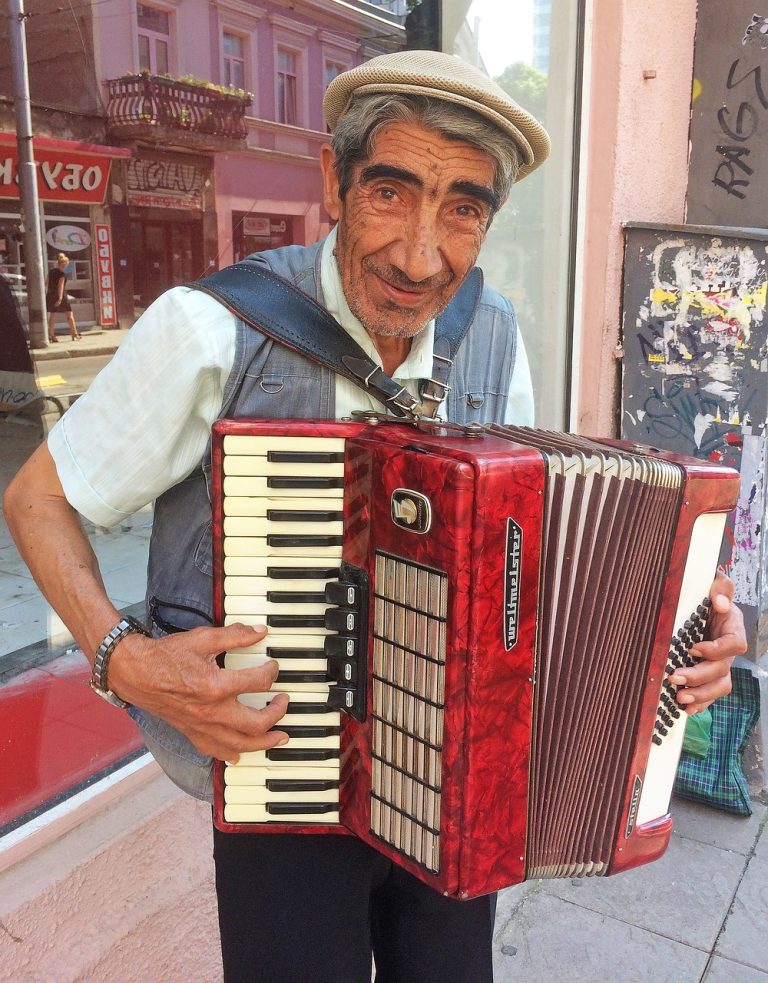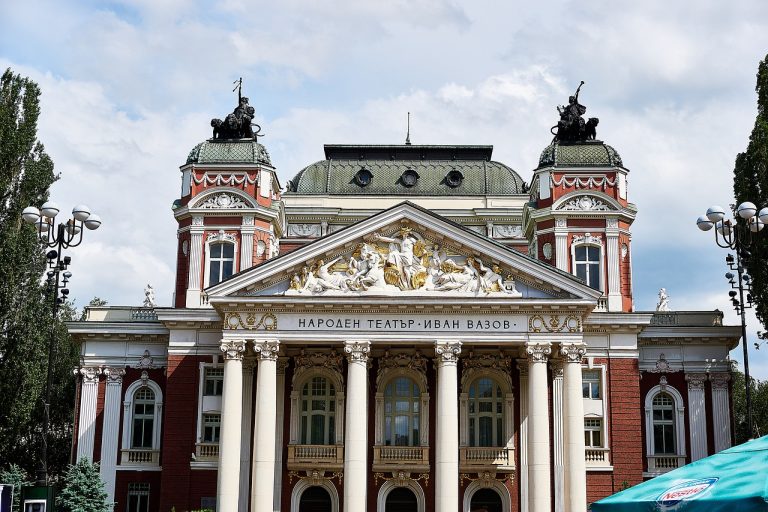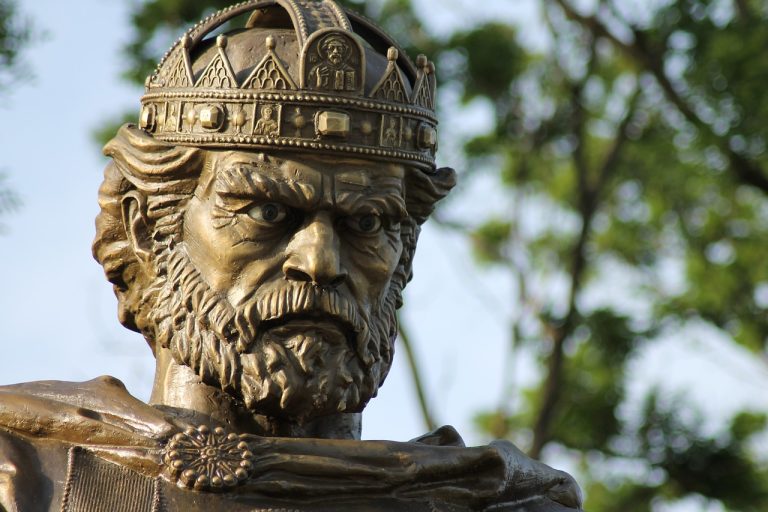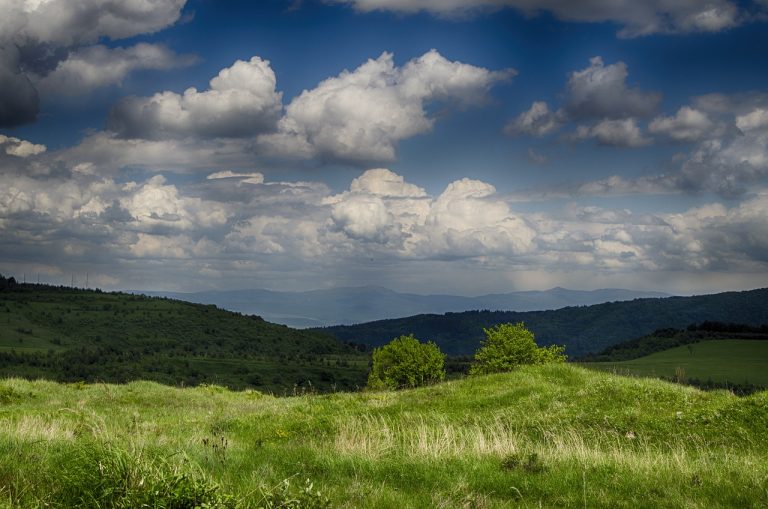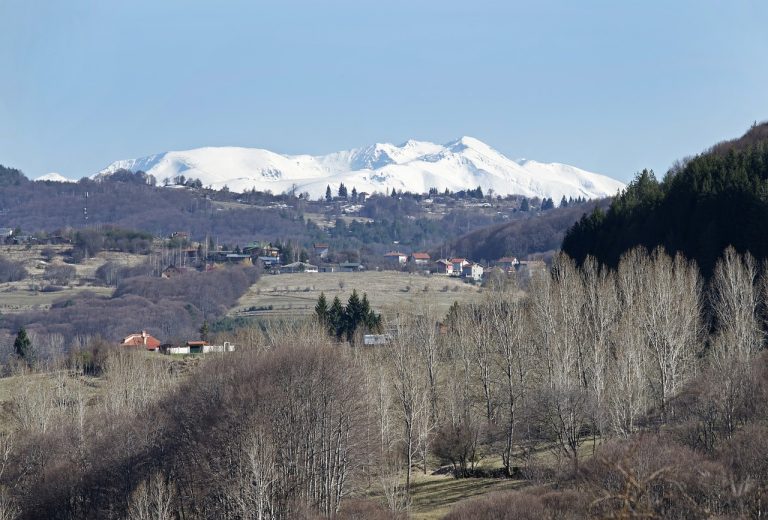Sofia Bulgaria Video
Navigating Sofia Bulgaria: Overcoming Travel Challenges
Sofia, the capital city of Bulgaria, is a vibrant and historic destination that offers a unique blend of ancient architecture, cultural landmarks, and modern attractions. Navigating the city can be a delightful experience, but it can also present some challenges for travelers. In this article, we will explore ten essential aspects of navigating Sofia, providing you with valuable information and tips to overcome any travel challenges you may encounter.
1. Public Transportation: Getting Around the City
Sofia has an extensive public transportation system that includes buses, trams, and a metro network. The metro is the most efficient way to explore the city, with three lines connecting key areas. The buses and trams cover a broader range, reaching neighborhoods that are not directly served by the metro. Purchase a rechargeable transport card to make travel easier and more convenient. Don’t forget to validate your ticket when boarding and keep it until the end of your journey.
- Use the Sofia Metro to reach popular attractions like the Alexander Nevsky Cathedral and the National Palace of Culture.
- Take advantage of the bus and tram network to explore neighborhoods such as Boyana and Lozenets.
- Plan your journey in advance using the Sofia Public Transport website for schedules and routes.
- Consider using ride-sharing services like Uber or taxi services for shorter distances or when public transport is less accessible.
2. Currency and Money Exchange
The official currency in Bulgaria is the Bulgarian Lev (BGN). It’s advisable to exchange your currency to Bulgarian Lev upon arrival to ensure you have the local currency for daily expenses. Look for reputable exchange offices or use ATMs to withdraw cash. Avoid exchanging money at the airport, as rates are generally less favorable.
- Exchange your currency at reputable exchange offices in the city center for better rates.
- Withdraw cash from ATMs, which are widely available throughout Sofia.
- Inform your bank about your travel plans to avoid any issues with your cards.
- Carry small denominations of Lev for convenience when paying for small purchases or using public transportation.
3. Language and Communication
The official language in Bulgaria is Bulgarian, which uses the Cyrillic alphabet. While English is spoken and understood in many tourist areas, it’s helpful to learn a few basic phrases in Bulgarian to navigate daily interactions smoothly.
- Learn basic greetings, such as “Dobro utro” (Good morning), “Blagodarya” (Thank you), and “Molya” (Please).
- Use translation apps or carry a pocket-sized English-Bulgarian phrasebook for assistance.
- When in doubt, approach younger locals or staff at tourist information centers for language support.
4. Safety and Security
Sofia is generally a safe city for travelers, but it’s essential to take basic precautions to ensure a trouble-free experience. Keep an eye on your belongings, especially in crowded areas, and avoid displaying valuable items.
- Stay vigilant in crowded places like markets and public transport.
- Use lockers or hotel safes to secure your valuable belongings.
- Be cautious when approached by strangers offering unsolicited assistance or services.
- Follow the advice of local authorities and adhere to any safety warnings or guidelines.
5. Exploring Sofia’s Historical Sites
Sofia boasts a rich historical heritage, with numerous landmarks and cultural sites to explore. From ancient Roman ruins to Orthodox churches, the city offers a fascinating journey through time.
- Visit the iconic Alexander Nevsky Cathedral, one of the largest Orthodox cathedrals in the world.
- Explore the historic site of Serdica, which showcases the remains of Roman buildings and streets.
- Discover the stunning frescoes and architecture of Boyana Church, a UNESCO World Heritage Site.
- Take a stroll through the charming streets of Sofia’s Old Town, where historical buildings and cozy cafes await.
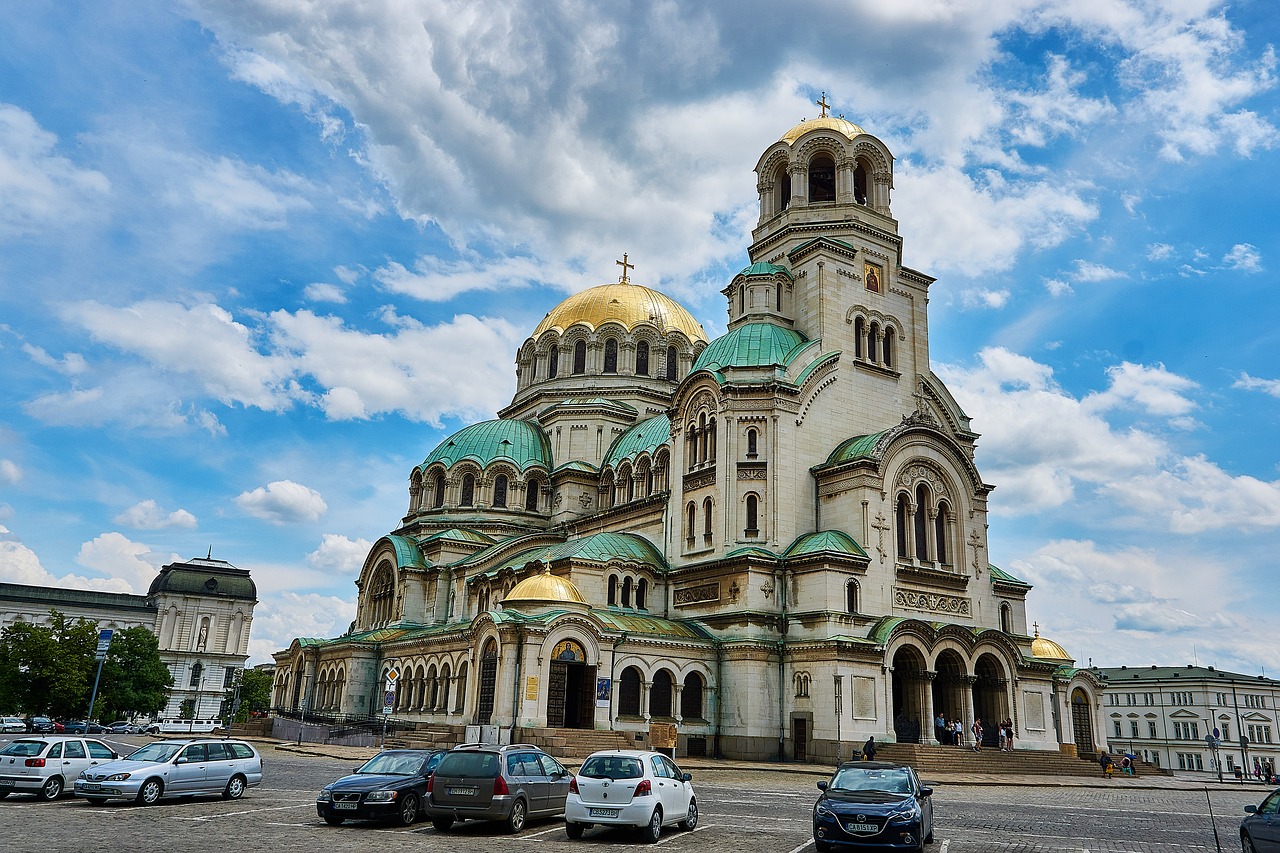
6. Sampling Bulgarian Cuisine
Bulgarian cuisine is known for its hearty and flavorful dishes, combining influences from the Balkans, Mediterranean, and Eastern Europe. Don’t miss the opportunity to savor traditional Bulgarian delicacies during your visit to Sofia.
- Taste the famous Bulgarian yogurt, a creamy and tangy delight.
- Indulge in shopska salad, a refreshing mix of tomatoes, cucumbers, peppers, and feta cheese.
- Try banitsa, a traditional pastry filled with cheese, spinach, or other savory ingredients.
- Experience the rich flavors of Bulgarian kebapcheta, grilled minced meat served with a side of lyutenitsa (a tomato and pepper spread).
7. Shopping in Sofia
Sofia offers a diverse shopping experience, from modern malls to traditional markets. Whether you’re looking for trendy fashion, local crafts, or souvenirs, the city has something for everyone.
- Explore Vitosha Boulevard, Sofia’s main shopping street, lined with boutiques, cafes, and restaurants.
- Visit the Central Market Hall for a wide selection of fresh produce, local delicacies, and traditional Bulgarian products.
- Browse the stalls at the Women’s Market (Zhenski Pazar) for fresh fruits, vegetables, and handmade crafts.
- Discover unique Bulgarian souvenirs, such as rose oil products, traditional ceramics, and handwoven textiles.
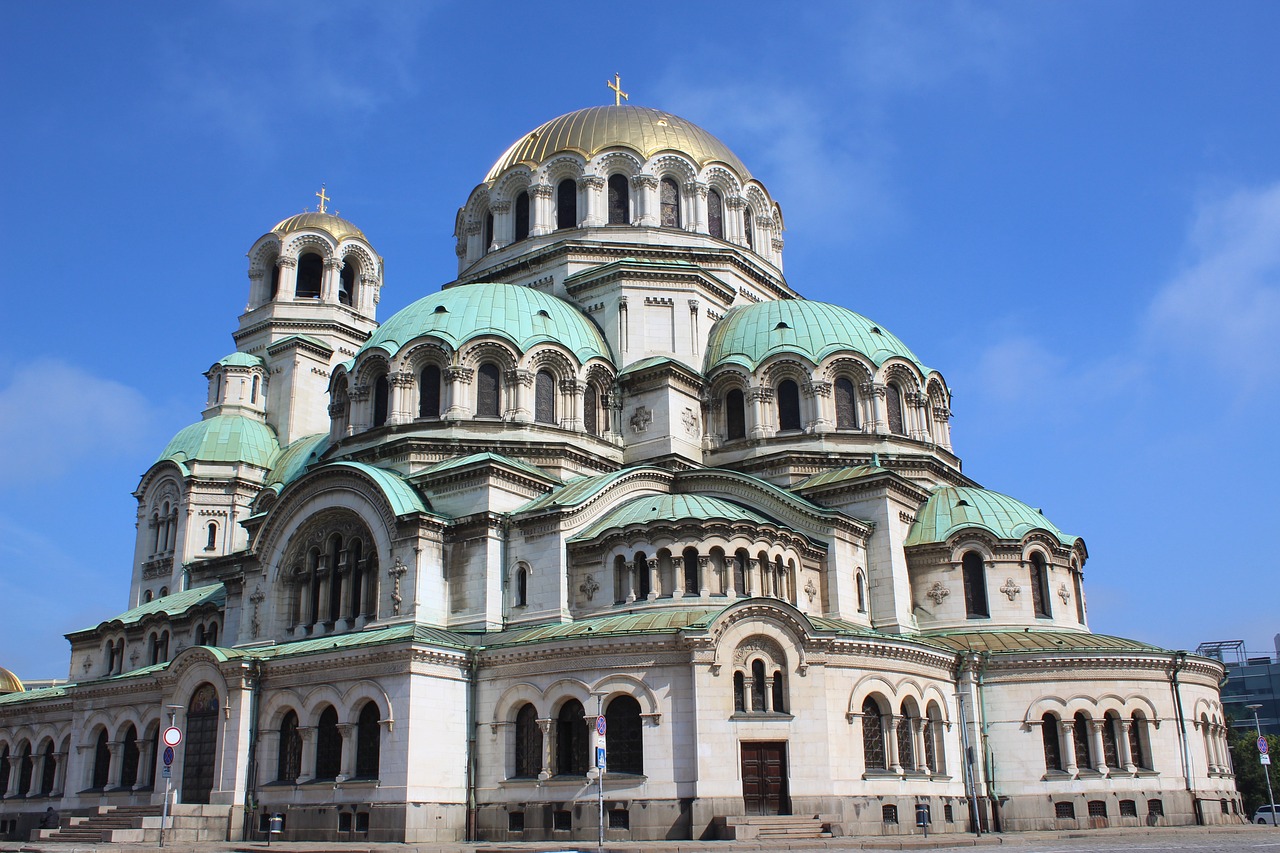
8. Enjoying Sofia’s Parks and Gardens
Sofia is blessed with numerous parks and green spaces, offering a peaceful retreat from the bustling city streets. Take a break and enjoy the natural beauty that Sofia has to offer.
- Relax in Borisova Gradina, the oldest and largest park in Sofia, featuring beautiful gardens, lakes, and sports facilities.
- Visit the City Garden, a small oasis in the heart of Sofia, perfect for a leisurely stroll or a picnic.
- Explore the picturesque Yuzhen Park, known for its stunning views of Vitosha Mountain.
- Discover the tranquil Japanese Garden, a hidden gem inspired by Japanese landscaping principles.
9. Nightlife and Entertainment
Sofia’s nightlife scene offers a wide range of options, from trendy bars and clubs to cultural performances and live music venues. Experience the vibrant energy of the city after dark.
- Explore the vibrant neighborhood of Oborishte, known for its trendy bars and restaurants.
- Catch a live performance at the National Palace of Culture, which hosts a variety of cultural events.
- Enjoy a night of dancing at one of Sofia’s popular clubs, featuring a mix of international and local DJs.
- Watch a theater or opera performance at the Ivan Vazov National Theater, Bulgaria’s oldest theater.
10. Day Trips from Sofia
If you have additional time, consider taking day trips from Sofia to explore the surrounding areas and discover the natural beauty of Bulgaria.
- Visit Rila Monastery, a UNESCO World Heritage Site located in the Rila Mountains, known for its stunning frescoes and peaceful atmosphere.
- Explore the charming town of Plovdiv, known for its well-preserved Roman amphitheater and vibrant Old Town.
- Embark on an adventure to Vitosha Mountain, located just outside Sofia, offering hiking trails, skiing opportunities, and breathtaking views.
- Discover the historical town of Koprivshtitsa, known for its colorful 19th-century houses and rich cultural heritage.
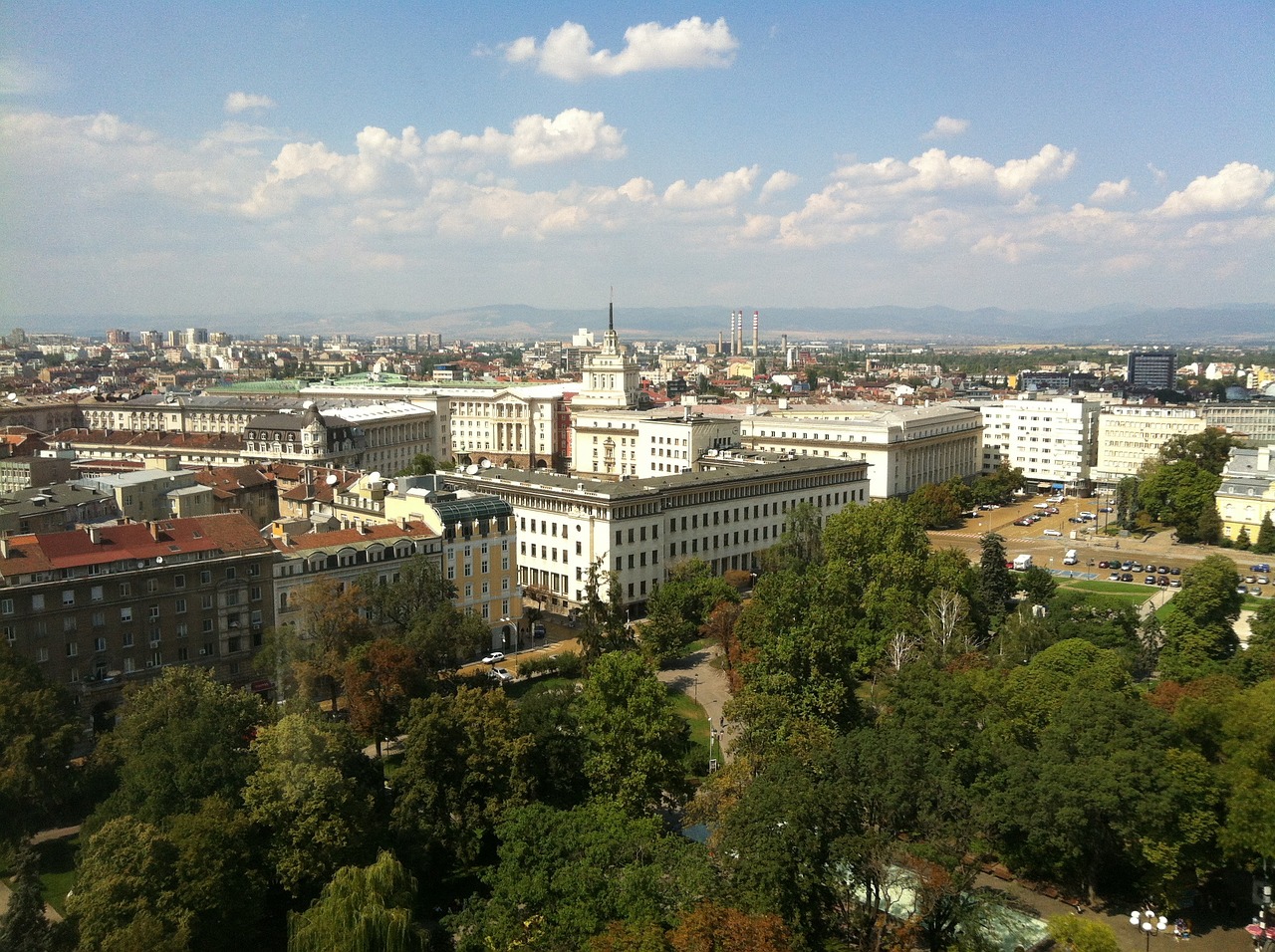
References
- Sofia Public Transport: www.sofiatraffic.bg
- Bulgarian National Bank: www.bnb.bg
- Ivan Vazov National Theater: www.nationaltheatre.bg
- Sofia Municipality: www.sofia.bg


